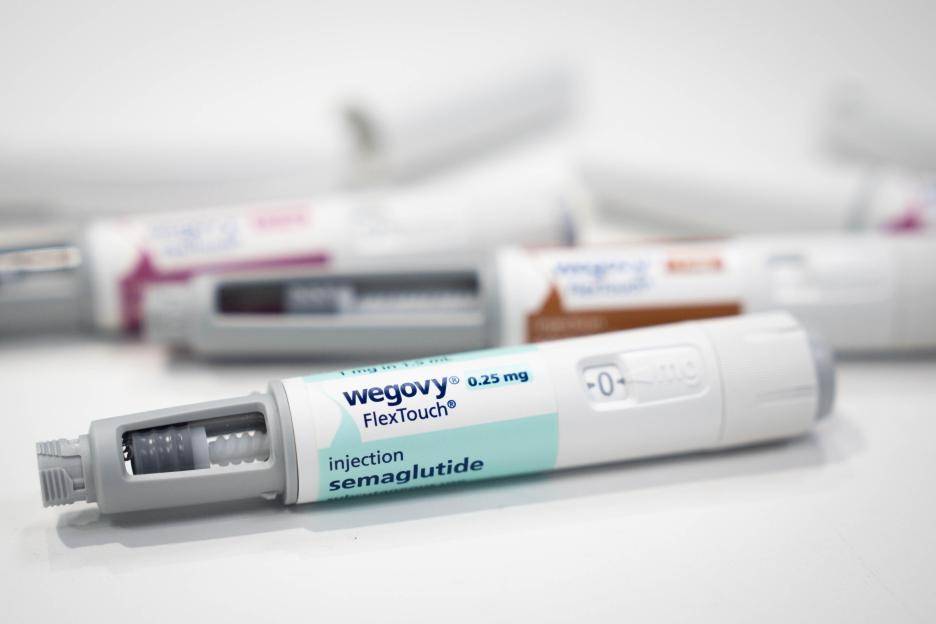THE NHS is failing to keep up with science, experts blasted after breakthrough new dementia drugs were rejected again by the regulator.
Charities and scientists said patients are being left behind private clinics and other countries.
 Tens of thousands of people might have been eligible for the drugs (stock image)
Tens of thousands of people might have been eligible for the drugs (stock image)The National Institute for Health and Care Excellence (Nice) ruled for a second time that the first drugs proven to slow Alzheimer’s â and â are too expensive.
They are already being prescribed to private patients and Americans but the NHS offers no treatment to prevent .
Pharmaceutical firm Lilly, maker of donanemab, said it will appeal the decision.
It slammed: “If the system can’t deliver scientific firsts to NHS patients then it is broken.”;
The science is flying but the system is failing
Professor Fiona CarragherAlzheimer's Society
Eisai, manufacturer of lecanemab, added: “The assumptions that Nice has chosen to use for their assessment mean that even ifEisaiprovided lecanemab to the NHS for free, it would still not meet Nice’s threshold for approval.”;
charities reacted with disappointment as the decision confirms a draft denial issued last year.
Professor Fiona Carragher, chief policy officer at the Alzheimer’s Society, said: “Even if donanemab and lecanemab were made available on the NHS tomorrow, too many patients wouldn’t be able to access them because the .
“The science is flying but the system is failing.”;
Hilary Evans-Newton, chief of Alzheimer’s Research UK, added: “This rejection is a painful setback.
“People with early Alzheimer’s in England and Wales now face a long wait for new treatments unless they can afford to pay privately.
“While these drugs are not a cure and do come with , they represent an important first step.
“Nice’s decision should ring alarm bells for a that, only a year ago, pledged to make the UK a global leader in dementia treatments.”;
About two thirds of the UK’s one million people with dementia have Alzheimer’s disease, making it the most common cause.
In studies the drugs lecanemab and donanemab helped to clear toxic clumps out of the brain and slow nerve damage caused by the illness.
An estimated 70,000 people might be eligible if they were approved but they could cost between £20,000 and £80,000 per patient per year.
Nice said: “While we recognise the hope these treatments offer, the evidence shows they only provide modest benefits at best and substantial resources would be needed to enable access to them.”;
Prof Paresh Malhotra, of Imperial College London, added: “This is not totally unexpected but does create a significant gap between what is done in other countries as well as , and what will be done for NHS patients.
“Perhaps the biggest impact is that there will be no impetus to change our general approach to make dementia diagnosis faster.”;







